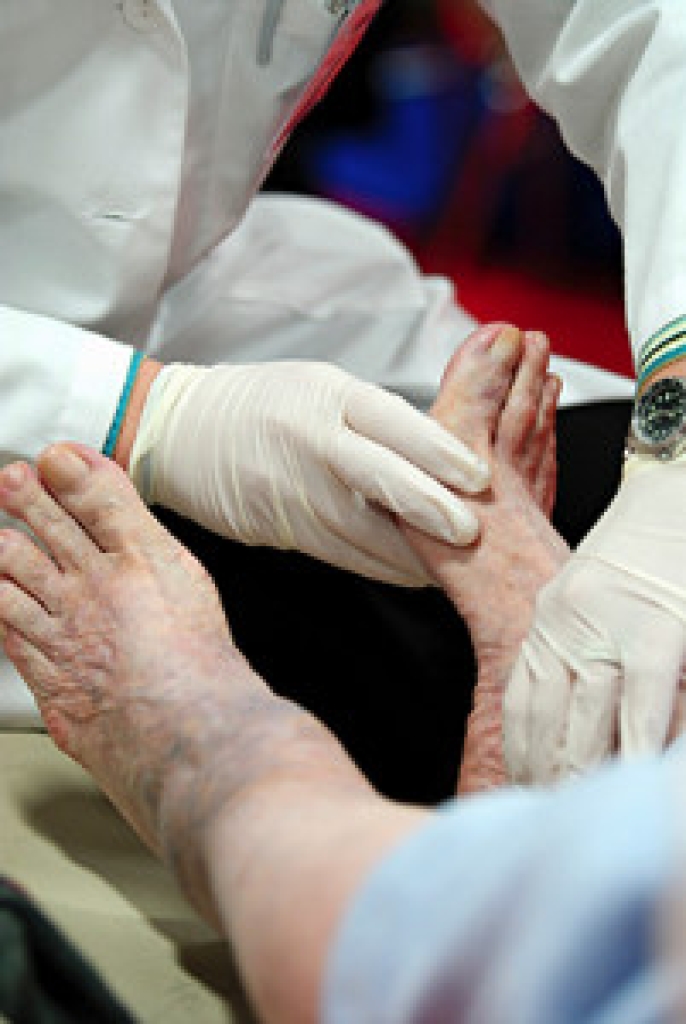 Falls and their effects on the elderly are, unfortunately, not reported on enough. This lack of reporting prevents overall awareness and the spread of knowledge in how to prevent them. Fortunately this has been changing in the past several years, with 2008 marking the first year that Falls Prevention Awareness Day was held by the National Council on Aging (NCOA). Despite this, awareness of the issue has a long way to go. Here are some facts about falls and falls prevention. Those who are age 65 or older and who have been to the emergency department are unlikely to engage in falls-prevention programs once discharged. While it has been reported that regular strength and flexibility programs for the elderly help prevent falls, some practices like Tai Chi have been found to help as well. Finally, elderly persons who have a history of falls, have suffered from a previous fracture, and have a body mass index (BMI) of 20 kg/m² are more likely to suffer another fracture.
Falls and their effects on the elderly are, unfortunately, not reported on enough. This lack of reporting prevents overall awareness and the spread of knowledge in how to prevent them. Fortunately this has been changing in the past several years, with 2008 marking the first year that Falls Prevention Awareness Day was held by the National Council on Aging (NCOA). Despite this, awareness of the issue has a long way to go. Here are some facts about falls and falls prevention. Those who are age 65 or older and who have been to the emergency department are unlikely to engage in falls-prevention programs once discharged. While it has been reported that regular strength and flexibility programs for the elderly help prevent falls, some practices like Tai Chi have been found to help as well. Finally, elderly persons who have a history of falls, have suffered from a previous fracture, and have a body mass index (BMI) of 20 kg/m² are more likely to suffer another fracture.
Preventing falls among the elderly is very important. If you are older and have fallen or fear that you are prone to falling, consult with one of our podiatrists from Apple Podiatry Group. Our doctors will assess your condition and provide you with quality advice and care.
Every 11 seconds, an elderly American is being treated in an emergency room for a fall related injury. Falls are the leading cause of head and hip injuries for those 65 and older. Due to decreases in strength, balance, senses, and lack of awareness, elderly persons are very susceptible to falling. Thankfully, there are a number of things older persons can do to prevent falls.
How to Prevent Falls
Some effective methods that older persons can do to prevent falls include:
- Enrolling in strength and balance exercise program to increase balance and strength
- Periodically having your sight and hearing checked
- Discuss any medications you have with a doctor to see if it increases the risk of falling
- Clearing the house of falling hazards and installing devices like grab bars and railings
- Utilizing a walker or cane
- Wearing shoes that provide good support and cushioning
- Talking to family members about falling and increasing awareness
Falling can be a traumatic and embarrassing experience for elderly persons; this can make them less willing to leave the house, and less willing to talk to someone about their fears of falling. Doing such things, however, will increase the likelihood of tripping or losing one’s balance. Knowing the causes of falling and how to prevent them is the best way to mitigate the risk of serious injury.
If you have any questions, please feel free to contact our offices located in Arlington Fort Worth, And Flower Mound, TX . We offer the newest diagnostic and treatment technologies for all your foot care needs.